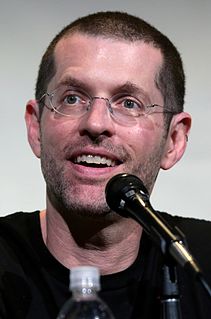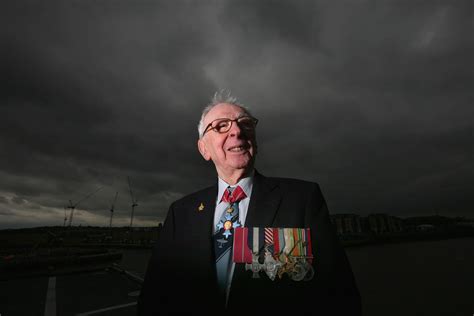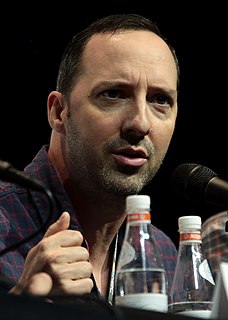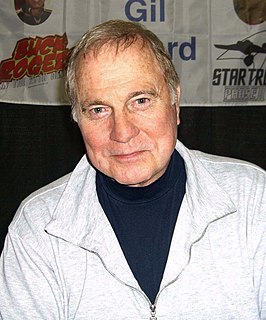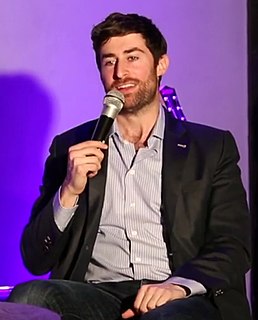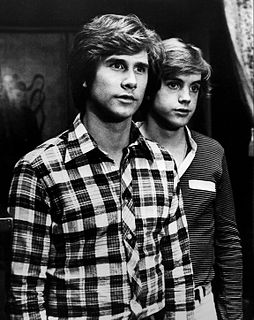A Quote by David Gerrold
The first science fiction show on television was 'Tales Of Tomorrow' using scripts from the radio show 'X-1' which used stories from 'Galaxy Magazine' as its source material.
Related Quotes
'Confederate,' in all of our minds, will be an alternative-history show. It's a science-fiction show. One of the strengths of science fiction is that it can show us how this history is still with us in a way no strictly realistic drama ever could, whether it were a historical drama or a contemporary drama.
The truth is that Trout, like Vonnegut and Ray Bradbury and many others, writes parables. These are set in frames which have become called, for no good reason, science fiction. A better generic term would be 'future fairy tales'. And even this is objectionable, since many science fiction stories take place in the present or the past, far and near.



